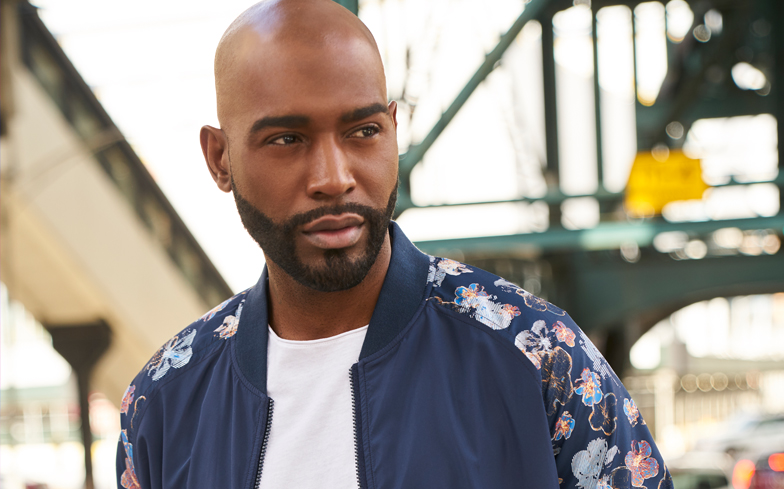
Karamo Brown doesn’t want to use the term ‘coming out’ anymore.
The self-help guru, who shot to fame as a member of the Fab Five on Netflix’s mega-hit reboot of Queer Eye, believes that the idea of ‘coming out of the closet’ is a harmful thing to do – instead we should be ‘letting people in’ to our lives.
“It’s actually a term that I advocate against,” Karamo said in a recent interview with The Advocate alongside his son Jason, who recently revealed that he’s pansexual.
“I believe that the term ‘coming out’ is a bit antiquated and outdated in the sense [that] it gives the power to someone else to accept or deny you when, in actuality, what the process is, is that we’re letting people into our lives.
“When you do that, it gives the person the courage to know that you have the ability to set boundaries and decide who you want to let in your life… I think it takes some of the pressure off.
“It gives the power back to the person who actually needs it. So it’s something that, as when I worked in social services, I taught my kids.”
Karamo also spoke about his surprising response to his son revealing that he identifies as pansexual, revealing that he was “a little hurt” by the information to begin with.
“When Jason let me into his life regarding him identifying as pansexual, there was a myriad of feelings that I had,” he said.
“When he shared with me that he identified as pan, I was, first of all, disappointed. I was a little hurt.
“I didn’t have education on what pan truly meant. I didn’t know what that meant for him. I felt betrayed by him lying to me and I had to go on this journey quickly, really quickly, to educate myself and then to remember this is his journey.
“He can let me into his life when he wanted, and I had to do all the steps that I teach parents in a quick span so that I could then be there to support him and show him love and acceptance.”
When we spoke to Karamo earlier this year, he opened up about his experience with mental health issues, addiction, domestic abuse and also the fact that he’s had to work twice as hard as white counterparts to be successful.



